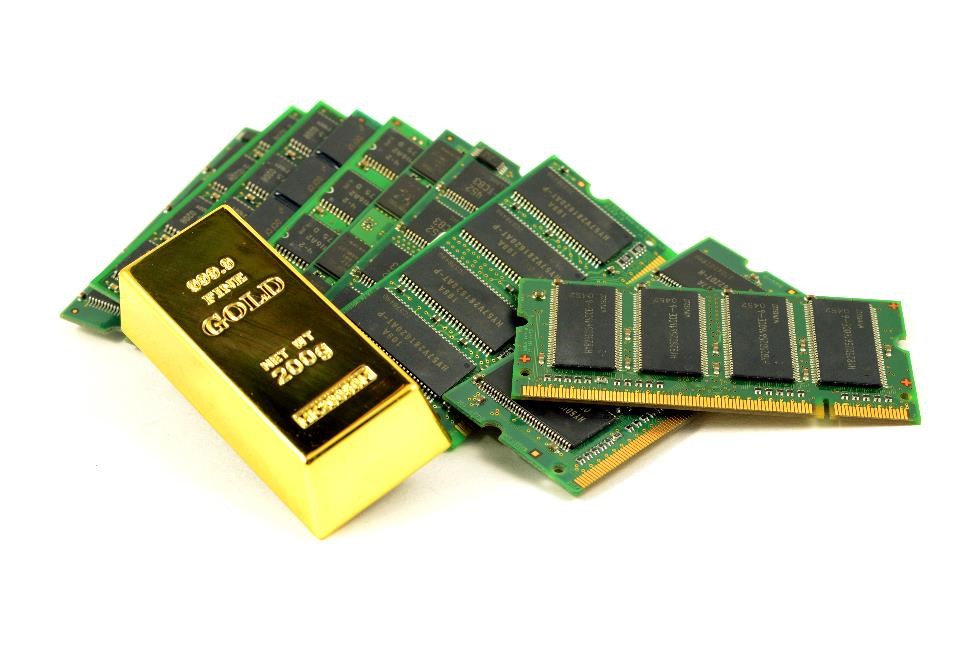
Note: Article adapted from here.
As technology becomes cheaper and more accessible, our scrapped devices lay overflowing in landfills. We dispose of over 50 million metric tonnes of electronic waste each year. That alarming figure is set to skyrocket in the coming years, entitling electronic waste to its position as the fastest growing stream of waste in the US. Although waste and treasure seem oxymoronic, it is true when they say that ‘one man's trash is another man's treasure’. Our electronic waste contains rare metals, like silver, copper and gold. For many, the extraction of these metals, predominantly in developing countries, has become a major source of income. Although our waste holds significant value, only a small fraction of it is recycled. Upwards of $60 million worth of these precious metals is lost each year due to our negligence. It is crucial that we recycle our electronic waste.
Rather than being reused, salvaged or recycled our electronic waste is sent to rot. When unsafely disposed of, their toxic components, like lead, zinc, barium and flame retardants, seep into the environment and contaminate our soil and groundwater. We are quick to jump on the bandwagon and upgrade our devices to the newest model or even to discard our electronics at the slightest flaw citing the lazy excuse that repairs are far too inconvenient. The damage this has caused over the years is irreparable, widespread and long lasting, as the health of our surrounding communities and the ecosystem as a whole, face the dreary repercussions. The heftiest toll of our consumerism is faced by those in third world nations, who receive the majority of our electronic waste. These countries have become nothing more than the dumping grounds of developed nations. Electronic waste is even more menacing during summer months, as the temperature rises and the devices get heated, their toxins are released into the atmosphere. Lead when released causes impairments to the blood, kidneys, as well as central and peripheral nervous systems. Although electronic waste represents only 2% of the trash in the US, it accounts for over 70% of the country’s toxic waste. Numerous international organisations have called for global interventions and raised awareness of this growing problem. However, despite their efforts, the majority of developing countries either do not have regulations for proper disposal in place or the execution of their legislation is lax.
Tackling e-waste is a global challenge for all stakeholders – from government agencies, manufacturers, recycling companies, retailers to individuals. The current practice of extracting the precious metals from e-waste is through the use of toxic chemicals such as cyanide and harsh acids. This practice is unsustainable and is harmful not only to the environment but also to mankind. Companies doing the recycling of e-waste must extract gold safely, sustainably and ethically.
Clean Earth Technologies has a non-toxic gold recovery reagent that extracts gold cleanly and sustainably without the use of cyanide and harsh acids. This process features a novel and safe way to rapidly leach the gold in high yield and then use an award winning, patented sulphur polymer to recover the gold.
